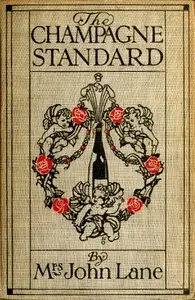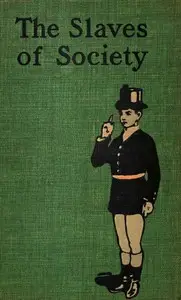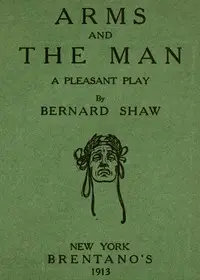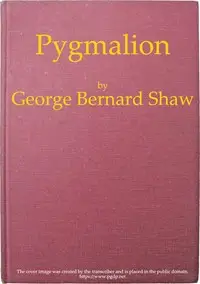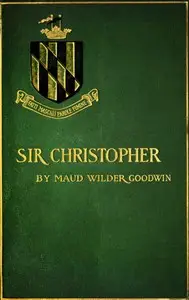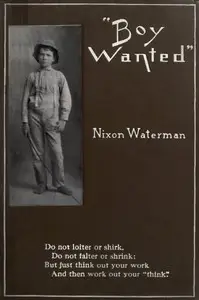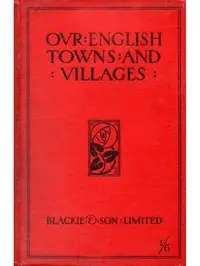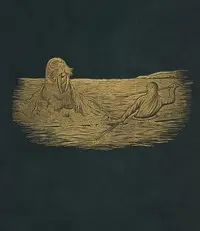"An Unsocial Socialist" by Bernard Shaw is a novel that uses humor to look at societal issues through the lives of young women in college during the late 1800s. The story begins with Miss Wilson, trying to maintain order over students like Miss Wylie, Miss Carpenter, and Miss Lindsay. Their playful rule-breaking results in conflicts and conversations that expose the struggles with school rules and expectations. The unique traits of each girl become apparent, which highlights the differing ways they deal with both their relationships in society and the strict rules within their school.

An Unsocial Socialist
By Bernard Shaw
Amidst laughter and rebellion, a group of students challenge social norms and clash with authority, sparking a humorous exploration of freedom within the confines of their late 19th-century English college.
Summary
About the AuthorGeorge Bernard Shaw, known at his insistence as Bernard Shaw, was an Irish playwright, critic, polemicist and political activist. His influence on Western theatre, culture and politics extended from the 1880s to his death and beyond. He wrote more than sixty plays, including major works such as Man and Superman (1902), Pygmalion (1913) and Saint Joan (1923). With a range incorporating both contemporary satire and historical allegory, Shaw became the leading dramatist of his generation, and in 1925 was awarded the Nobel Prize in Literature.
George Bernard Shaw, known at his insistence as Bernard Shaw, was an Irish playwright, critic, polemicist and political activist. His influence on Western theatre, culture and politics extended from the 1880s to his death and beyond. He wrote more than sixty plays, including major works such as Man and Superman (1902), Pygmalion (1913) and Saint Joan (1923). With a range incorporating both contemporary satire and historical allegory, Shaw became the leading dramatist of his generation, and in 1925 was awarded the Nobel Prize in Literature.

